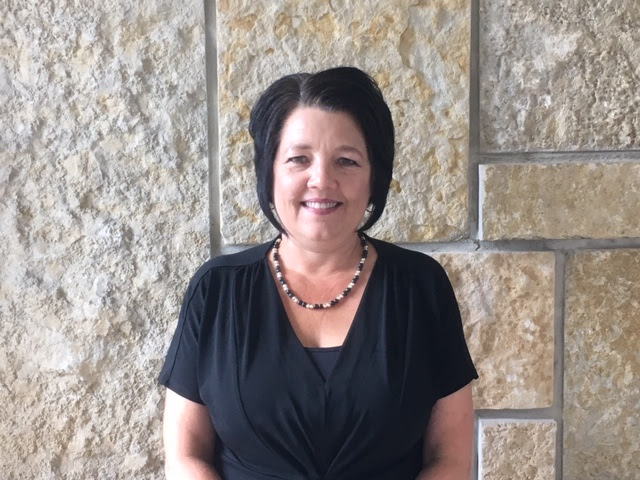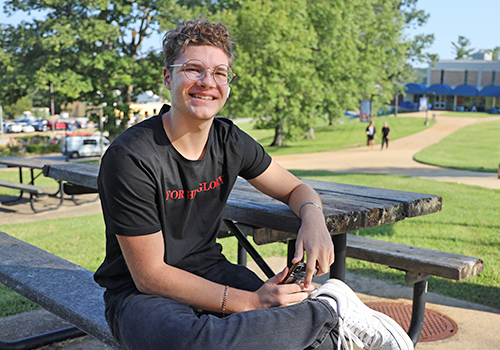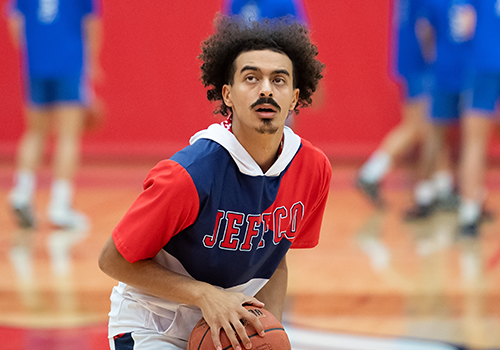Certified Medication Technician (CMT)
To qualify for the CMT Program, each applicant must be a current CNA with at least 6 months of verifiable experience.
The purpose of the Certified Medication Technician (CMT) training program is to prepare individuals for employment as a CMT in an intermediate care or skilled care nursing facility. The program is designed to teach skills in the administration of non-parenteral medications that will qualify students to perform this procedure to assist licensed practical nurses or registered professional nurses in medication therapy.
- Eight-week program consists of at least 60 classroom hours of instruction and a minimum of 8-hours of clinical practice under the direct supervision of an instructor
- Instruction includes a basic review of body systems and medication effects on each system; medical terminology; infection control; and medication classifications.
- Students must successfully complete a final written examination and a minimum two-hour final practicum exam before a certificate can be issued.
- Upon successful completion of the program and testing, students' names will be placed on the Missouri State Certified Medication Technician (CMT) Registry.
- Tuition: Finanical Assistance available for those who qualify
Note: Many students also take the Insulin Certification course directly after completing the CMT course.
The CMT Manual version 2008, effective October 30, 2008, and Test Bank are viewable at www.cmttest.org.
CMT Application for Admission:
If you have any questions, please contact us at workforce@jeffco.edu or (636) 481-3144.
Meet the Instructor
Ginger Hand R.N., Area Technical School Health Services Program Instructor, MA, and CMT Instructor.
Ginger graduated from Jefferson College's RN Program in 1994. She has extensive experience in long-term care, acute care, and psychiatric nursing. Ginger has taught Certified Nurse Assistant classes and has a passion for geriatric nursing.
In addition to her instructional duties, her responsibilities also include collaborating with core faculty regarding outcomes-based student learning assessments to support program and institutional goals and guidelines; providing professional leadership and mentorship in the classroom and the lab to create an ethical and compassionate environment of clinical decision-making, problem-solving, mutual respect, and responsibility, mindfulness, lifelong learning, and integrity that students can emulate when on their clinical experiences.








